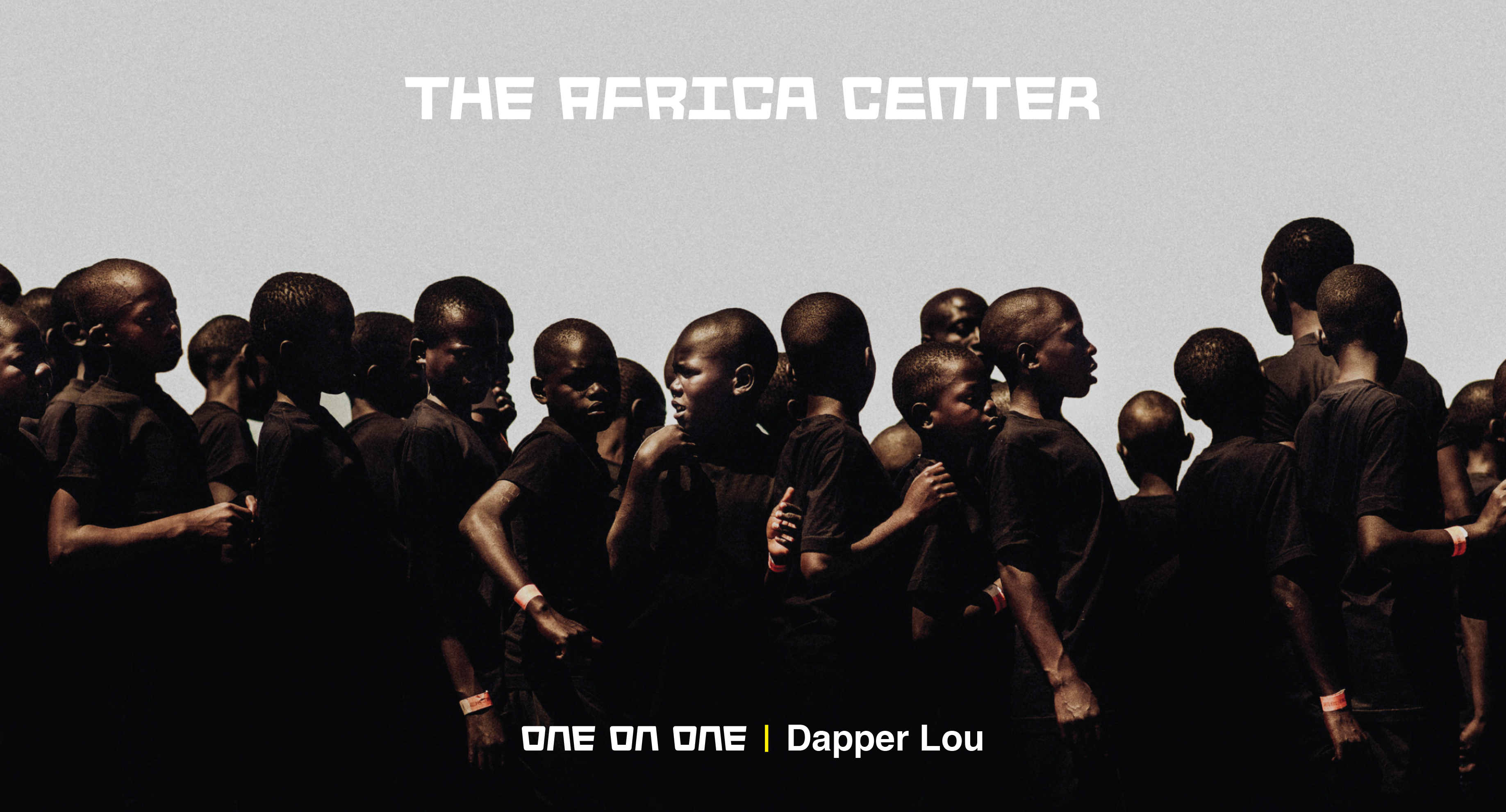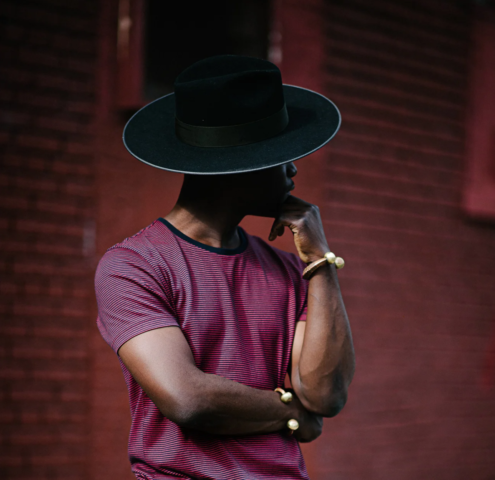
The Africa Center’s One on One interview series highlights the movers and shakers within the culture, business, and policy landscape of Africa and its Diaspora.
This One on One interview features Brooklyn based, Haitian American photographer and creative director, Lougè Delcy, better known as Dapper Lou. Delcy has traveled much of the African continent documenting indigenous cultures and people. His vibrant visual style, and willingness to dive deep into the exploration of each city has allowed him to make a name for himself as a visual documentarian. Delcy uses his Haitian roots and love of travel as drivers for his creative output and urge to discover and amplify stories that we don’t often hear.

“Beautiful people can be
What inspired your transition from being a stylist to a photographer?
Honestly, I was never a paid stylist. I was starting to build my portfolio by working with different photographers, but I was always pulling teeth for them to send me images. So out of frustration, I decided to take matters into my own hands by styling, photographing, and even casting my own model shoots. I didn’t realize it at the time but this decision helped me to hone in on my aesthetic and become a storyteller.
You developed your aesthetic and skills without a traditional education, what has been your largest catalyst for growth?
Not having the traditional education has allowed me to figure things out on my own and not be boxed into a standard way of doing things. My work is based on my personality and the way I view the world at that moment. The more I learn, the more I grow, and the more I am able to refine my process. I believe that things happen at the right time, but quite often I’m pushed into situations that force me to evolve which is challenging and exciting.
Your work often documents indigenous people who have unknowingly influenced far-off fashion trends, what drew you to capturing this?
When I photograph tribes, I’m initially attracted by the beauty of the people and their way of dressing. But then my curiosity leads me to wonder why they dress the way they do, so for me this is also doing research and connecting dots as I move along.
Over the last couple of months COVID-19 has taken the world by storm.With the need for social distancing everywhere, there has been a dramatic shift in the way we interact with one another. How has this global pandemic affected your work? What can photographers do at this time?
Well, travel is a major aspect of my work so naturally I feel the effects. But this time has allowed me to revisit my archive and edit unpublished work. But I’ve also been analyzing my work and finding places where I can make improvements so when we are able to move around again I can have an even greater point of view. I think photographers can also revisit their purpose and mission and make sure that their purpose is still on track. They can also reach out to previous clients and brands to see how they can move forward post pandemic.
What advice would you give to creative entrepreneurs looking to build their portfolio and business?
Network. Some of my best opportunities are from word of mouth and building organic relationships. So, don’t be afraid to meet people and ask for help. Sometimes self-promotion can be annoying, but if done properly it can be useful.